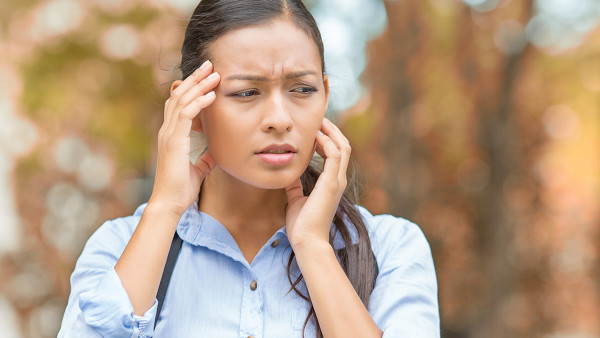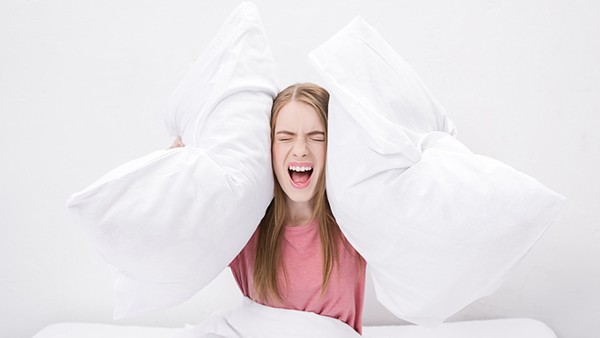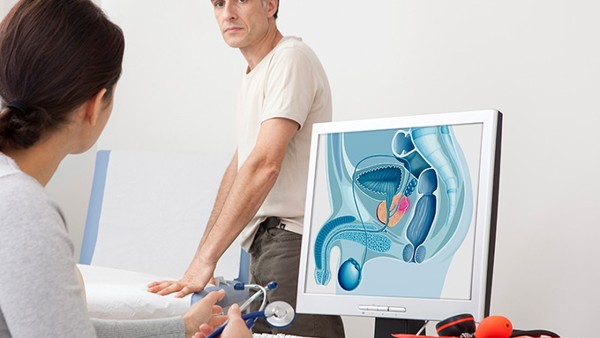Precautions for Otitis Media

What is Otitis Media?
Otitis media (OM) is a common childhood infection that affects the middle ear. It is typically caused by bacteria or viruses that enter the middle ear through the Eustachian tube, which connects the middle ear to the back of the throat. OM can cause pain, fever, hearing loss, and balance problems.
Types of Otitis Media
There are three main types of OM:
Acute otitis media (AOM): This is the most common type of OM. It is a sudden onset of symptoms that usually lasts for less than 3 weeks.
Otitis media with effusion (OME): This is a condition in which fluid accumulates in the middle ear without causing any symptoms. OME can develop after an AOM or on its own.
Chronic otitis media (COM): This is a long-term condition in which the middle ear is persistently infected or has fluid buildup. COM can lead to hearing loss, balance problems, and other complications.
Causes of Otitis Media
The most common cause of OM is bacteria, such as Streptococcus pneumoniae and Haemophilus influenzae. Viruses, such as the influenza virus and respiratory syncytial virus, can also cause OM.
Other risk factors for OM include:
Age: Children between the ages of 6 months and 2 years are at highest risk for OM.
Exposure to secondhand smoke
Bottle-feeding
Frequent colds or allergies
Enlarged adenoids
Symptoms of Otitis Media
The symptoms of OM can vary depending on the type of infection. Symptoms of AOM typically include:
Ear pain
Fever
Hearing loss
Irritability
Trouble sleeping
Symptoms of OME typically include:
Muffled hearing
Balance problems
Difficulty understanding speech
Symptoms of COM can include:
Persistent ear pain
Hearing loss
Balance problems
Drainage from the ear
Redness or swelling of the ear
Diagnosis of Otitis Media
Your doctor will diagnose OM by examining your ear and asking you about your symptoms. Your doctor may also order a hearing test to check for hearing loss.
Treatment of Otitis Media
The treatment for OM depends on the type of infection. AOM is typically treated with antibiotics. OME may be treated with antibiotics, nasal decongestants, or antihistamines. COM may require surgery to insert ear tubes or to remove the infected tissue.
Complications of Otitis Media
OM can lead to a number of complications, including:
Hearing loss
Balance problems
Speech problems
Meningitis
Encephalitis
Prevention of Otitis Media
There is no surefire way to prevent OM, but there are some things you can do to reduce your child's risk of developing the infection, including:
Breastfeeding: Breastfeeding for at least 6 months can help protect your child from OM.
Avoiding secondhand smoke: Exposure to secondhand smoke can increase your child's risk of OM.
Using a humidifier: A humidifier can help to keep the air moist, which can help to prevent the Eustachian tubes from becoming blocked.
Getting your child vaccinated: The pneumococcal vaccine and the influenza vaccine can help to protect your child from OM.
When to See a Doctor
You should see a doctor if your child has any of the symptoms of OM. Early diagnosis and treatment can help to prevent the infection from becoming more serious.
The above is all the content that the editor wants to share with you. I sincerely hope that these contents can bring some help to your life and health, and I also wish that your life will be happier and happier.
Topic: #for #precautions #media














